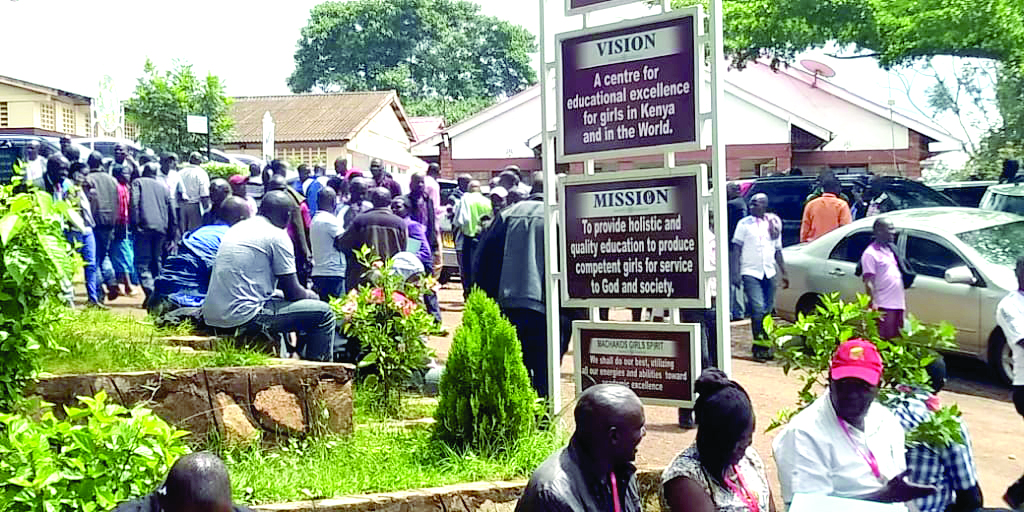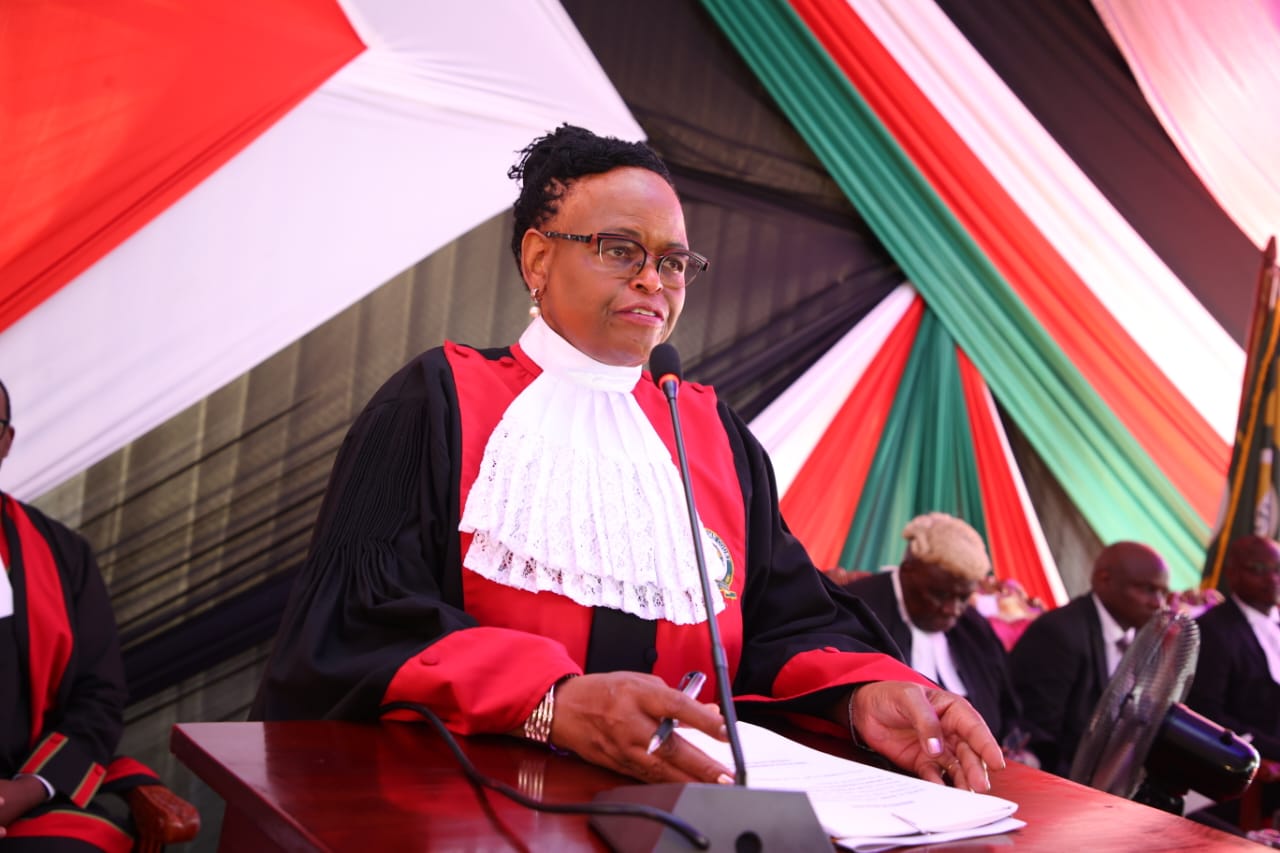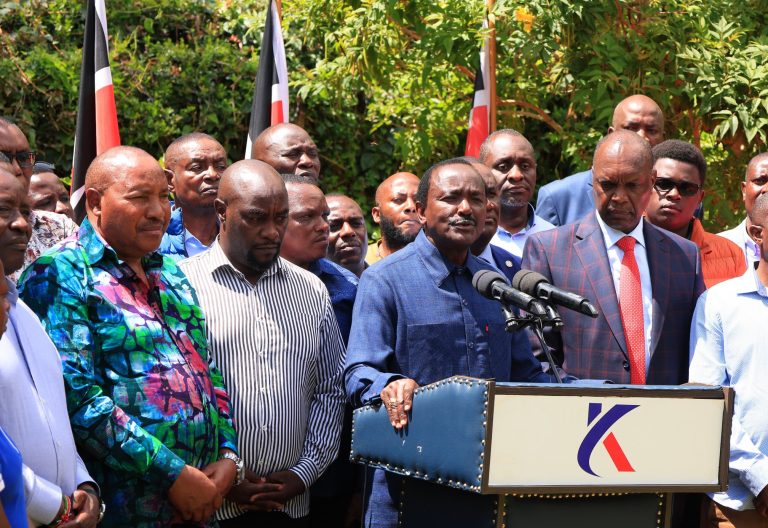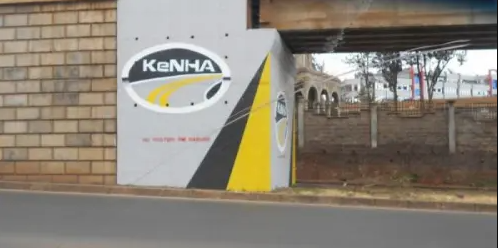Team lifts lid on exam markers’ long list of woes

Lawmakers have raised concerns that activities that go on in various examination marking stations in the country are shrouded in secrecy.
In a report tabled in the National Assembly, the Education committee chaired by Tinderet MP Julius Melly observed that at the centres, examiners are subjected to long marking hours affecting their productivity.
The committee also observed that the accommodation facilities are in poor and deplorable conditions which demotivate them.
The committee noted that markers are always under a lot of pressure to complete marking between 4am and 10pm, a situation that leads to exhaustion thus compromising the process of marking. Further, the committee noted that the examiners are not paid on time.
For instance the committee noted that in the 2022 examinations, examiners were paid nine months after the marking exercise.
During the 2022 Kenya Certificate of Secondary Education (KCSE) examination, a total of 30,592 examiners participated in the exercise and were accommodated in 35 marking centres.
Reads the report: “In respect to the above, the Committee noted that with regard to the integrity of markers, marking schemes, award of marks and the moderation process, the activities at the marking centres were shrouded in secrecy.”
It adds: “Examiners, invigilators and supervisors are poorly remunerated and the payment delayed hence demotivating them. Marking centres are centralised in Nairobi and its environs only, resulting in overcrowding and deplorable conditions in accommodation for the markers.”
The findings of the committee follow documented evidence from individuals and stakeholders who raised concerns with how the marking of the exams was being done.
For instance, the committee documented evidence from a former examiner who informed members that the areas identified as marking centres for exams are in poor condition and that the examiners are not commensurately remunerated adding that payments are always delayed.
This, according to the respondents, affects productivity of the examiners and credibility of the results.
Data entry control
Another chief examiner expressed frustrations at being unable to control data entry in marking stations, which compromises the quality of results.
The examiner also noted that in some instances, raw scores differed with the actual scores obtained by a candidate.
Reads the report: “It was notable that the data clerks charged with the responsibility of data entry are not vetted and their modus operandi is questionable as it pertains to the integrity of examinations.”
On the marking exercise, a respondent pointed out that the examiners were adequately prepared to mark but not to detect and report irregularities which in turn discourages examiners from reporting cheating.
The committee was also informed that any reported case of cheating or malpractice was watered down by chief examiners and Kenya National Examinations Council (Knec) officers in the courts through poor investigation and provision of weak evidence. Adds the report: “The cases are therefore not water-tight hence leading to acquittals.”
Kenya National Union of Teachers (Knut) submitted that moderation and entry of examination marks is shrouded in secrecy subjecting it to possible abuse.
On efficiency, effectiveness and integrity of the Examination Management Officers (EMO) from Knec headquarters who were deployed to schools, the Committee noted that although the officers were efficient and effective, there were instances where the contracted officers were not well-versed with the guidelines hence, they were not strictly adhered to.
Confiscated phones
Reads the report: “The Committee noted that although Knec had deployed monitoring officers to the examination centres, some contracted officers were not capacitated enough to handle cases involving confiscated phones from candidates, mismatch of photos, shortage of examination papers and return envelopes. They had to seek directions from Knec headquarters.”
The findings of the committee come after respondents who appeared before them said that there is need for Knec operations to be decentralised to the lowest units as small as the sub-counties.
Respondents in Kisumu for example indicated that examination monitoring was superficial as the officers visited only a few schools in the region as they only visited the Principals’ offices and then sign visitor’s books without interrogating the whole process on logistics, supervision, security as well as storage.
Other stakeholders informed the MPs that Knec’s capacity to conduct exams is affected by the central management of examinations that is not effective.
Further the Committee was informed that monitoring of national examinations was affected due to lack of resources such as vehicles and fuel at the county and sub county levels.
Meanwhile the committee has proposed the need to review penalties imposed on those who engage in examination irregularities to make them more punitive.
Kenya Union of Post Primary Education Teachers (Kuppet) submitted that fines should be increased from Sh2 million and the number of years of imprisonment enhanced from the current 10 years.
It was also proposed that a clause be added that bars the perpetrator, if found guilty, from holding any public office. The offences should also capture a clause on cancellation of certificates for the students who cheat in examinations.
Adds the report: “The Committee was further informed that invigilators and supervisors found guilty should be banned from overseeing examinations while teachers found culpable should be banned from Kenyan classrooms.”









